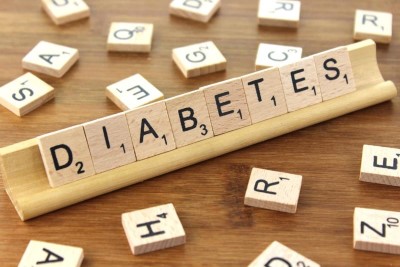Search
Showing results for "1"
Research
Patterns of attendance of children under 12 years at school dental service in Western AustraliaThe aim of this study was to investigate patterns of attendance at School Dental Service and reasons for attendance for children in the Perth Metropolitan area.
Research
Immediate and Longer Term Immunogenicity and Safety of a Single Dose of the Combined Haemophilus influenzae TypeHib-primed but MenC-naive toddlers (N = 433) were randomized to receive 1 dose of Hib-MenC-TT or separate Hib-TT and MenC-CRM197 vaccines.
Research
Population case-control study of cerebral palsy: Neonatal predictors for low-risk term singletonsFor singletons with cerebral palsy (CP) who were born at term, the goals were (1) to determine the proportion not admitted to a Special Care Unit...
The Centre includes researchers at The Kids Research Institute Australia’s Diabetes Research Team and the Diabetes Service at the Perth Children’s Hospital.
Research
Examining Effectiveness and Predictors of Treatment Response of Pivotal Response Treatment in Autism: An Umbrella Review and a Meta-AnalysisThe current study aimed to provide a comprehensive appraisal of the current evidence on the effectiveness of Pivotal Response Training (PRT) for individuals with autism spectrum disorder (ASD) and to explore predictors of treatment response.
This is a PhD Scholarship to undertake research in collaboration with The Kids Research Institute Australia and Curtin University

News & Events
Diabetes burnout - what is it?Diabetes burnout is a state in which someone with diabetes grows tired of managing their condition, may ignore it for a period or become disengaged with diabetes management.

News & Events
Hybrid Closed Loop and Difficult Foods StudyManaging blood glucose levels with different foods can be challenging. Our research team would like to know how the hybrid closed loop system, deals with these foods, compared to standard pump therapy.

News & Events
Would you like to test our new exercise app?Our research team have been working with young people with type 1 diabetes to design and develop an app that contains guidelines and advice for what to do when you are being physically active.

News & Events
Helping to relieve diabetes distressThe burden of having T1D is enormous and our researchers are conducting a study trying to understand how we can help relieve diabetes distress.
